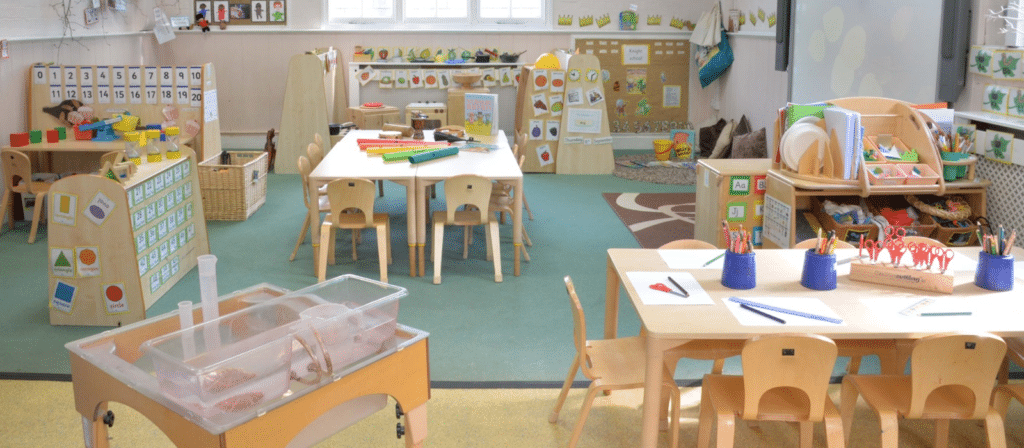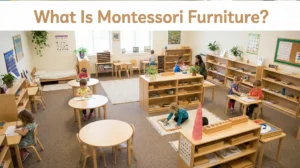Curious to know about the Montessori style of teaching? Join us as we embark on a journey to explore this renowned educational approach. Discover the unique principles and practices that make Montessori education stand out from traditional teaching methods.
The Montessori style of teaching is an educational approach developed by Dr. Maria Montessori that emphasizes self-directed learning, individualized instruction, and the holistic development of the child. It fosters independence, freedom within limits, and a prepared environment that supports the child’s natural curiosity, exploration, and love for learning.
What is the Montessori Style of Teaching?
The Montessori style of teaching is an educational approach developed by Dr. Maria Montessori in the early 20th century. This method emphasizes a child-centered approach, focusing on the individual needs and interests of each student. It aims to foster independence, creativity, and a love for learning.
In a Montessori classroom, you won’t find traditional desks and chairs lined up in rows. Instead, you’ll see an inviting space with various hands-on materials and activities that encourage exploration and discovery. The teacher plays the role of a facilitator, guiding and observing the students’ progress rather than delivering lectures.
The Core Principles of Montessori Teaching
- Child-Led Learning: In the Montessori style, the child takes the lead in their education. They are given the freedom to choose their activities and work at their own pace. This approach promotes autonomy and self-motivation.
- Multi-Age Classrooms: Montessori classrooms often have mixed-age groups, allowing younger children to learn from older peers and older children to reinforce their knowledge by helping younger ones. This setup encourages collaboration and empathy.
- Hands-On Materials: Montessori materials are specifically designed to be self-correcting, allowing students to learn through trial and error. These materials engage the senses and promote the development of fine motor skills.
- Individualized Education: The Montessori style recognizes that every child learns differently. Teachers observe each student’s strengths, weaknesses, and interests and tailor the learning experience accordingly. This personalized approach fosters a love for learning and ensures that each student reaches their full potential.

Benefits of the Montessori Style
The Montessori style of teaching offers several benefits that contribute to holistic development and academic success. Research has shown that students who experience Montessori education often demonstrate:
- Self-Discipline and Responsibility:
Through the freedom to choose their activities, students develop self-discipline and a sense of responsibility for their learning. They learn to manage their time, set goals, and take ownership of their education. - Creativity and Problem-Solving Skills:
The hands-on nature of Montessori materials stimulates creativity and critical thinking. Students are encouraged to explore, experiment, and find innovative solutions to problems. - Strong Foundation in Academics:
Montessori education focuses on the development of foundational skills in reading, writing, math, and other subjects. The individualized approach ensures that students grasp concepts at their own pace, leading to a solid academic foundation. - Social and Emotional Development:
Montessori classrooms provide a nurturing and inclusive environment where students learn to collaborate, communicate, and resolve conflicts peacefully. This promotes the development of social and emotional intelligence. - Love for Learning:
By allowing students to follow their interests and passions, the Montessori style instills a love for learning that extends beyond the classroom. Students become lifelong learners with a curiosity and enthusiasm for acquiring knowledge.
The Montessori style of teaching embraces a child-centered approach, a prepared environment, hands-on learning materials, and respect for each child’s developmental journey. By fostering independence, self-discovery, and a love for learning, Montessori education empowers children to become confident, lifelong learners. Understanding the principles and practices of the Montessori style of teaching enables parents and educators to create enriching educational experiences that nurture the whole child.












